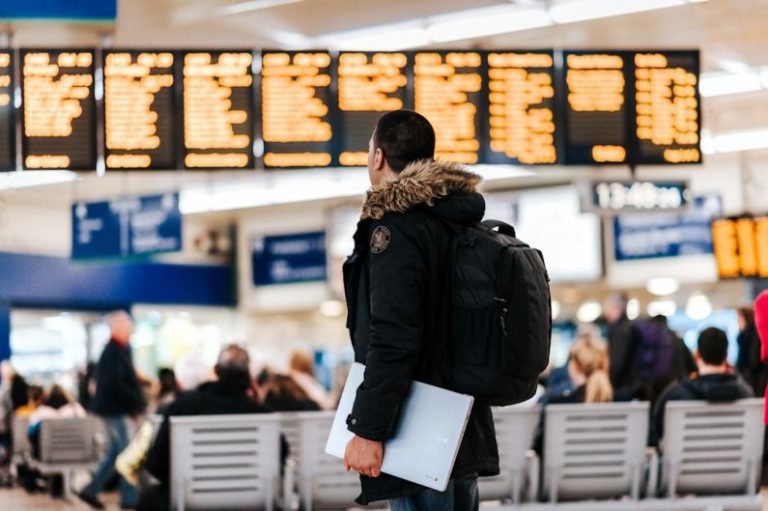Sustainable Travel Practices
In a world where environmental consciousness is becoming increasingly important, sustainable travel practices are gaining momentum as travelers seek ways to minimize their impact on the planet. Sustainable travel involves making environmentally-friendly choices before, during, and after a trip to reduce carbon footprint and preserve natural resources. By adopting sustainable travel practices, individuals can contribute to the protection of the environment and support local communities, all while enjoying enriching travel experiences.
### Choosing Eco-Friendly Accommodations
One of the key aspects of sustainable travel is selecting eco-friendly accommodations. Many hotels and lodges around the world are implementing green initiatives such as energy-efficient lighting, water conservation measures, and waste reduction programs. By staying in eco-friendly accommodations, travelers can support businesses that prioritize sustainability and reduce their own environmental impact during their stay.
### Opting for Sustainable Transportation
Transportation is a significant contributor to carbon emissions, especially in the travel industry. To reduce the environmental impact of travel, opting for sustainable transportation options is crucial. This can include choosing to walk or bike when exploring a destination, using public transportation, or selecting eco-friendly modes of transport such as electric vehicles or hybrid cars. Additionally, offsetting carbon emissions from flights through reputable carbon offset programs can help mitigate the environmental impact of air travel.
### Supporting Local Communities
Sustainable travel practices also involve supporting local communities and economies. By choosing to purchase souvenirs from local artisans, dining at locally-owned restaurants, and participating in community-based tourism activities, travelers can contribute directly to the economic development of the destinations they visit. Engaging with local communities in a respectful and culturally sensitive manner fosters mutual understanding and appreciation while promoting sustainable tourism practices.
### Minimizing Single-Use Plastics
Single-use plastics, such as water bottles, straws, and plastic bags, contribute significantly to environmental pollution, especially in popular tourist destinations. To reduce the consumption of single-use plastics while traveling, travelers can bring their reusable water bottles, straws, and shopping bags. Refilling water bottles from water stations or carrying a filtered water bottle can help minimize plastic waste and promote sustainable travel practices.
### Engaging in Responsible Wildlife Tourism
Wildlife tourism can have both positive and negative impacts on the environment and animal welfare. To engage in responsible wildlife tourism, travelers should avoid activities that exploit or harm animals, such as elephant riding or visiting attractions that promote captive wildlife interactions. Instead, opt for wildlife experiences that focus on conservation, rehabilitation, and ethical wildlife viewing practices, such as visiting wildlife sanctuaries and supporting conservation initiatives.
### Embracing Slow Travel
Slow travel is a growing trend in sustainable tourism that emphasizes quality over quantity and encourages travelers to immerse themselves in the local culture and environment. By spending more time in fewer destinations, travelers can reduce their carbon footprint, support local businesses, and gain a deeper appreciation for the places they visit. Embracing slow travel allows for more meaningful connections with the destination and its people while promoting sustainable travel practices.
### Conclusion: Embracing a Sustainable Travel Mindset
As travelers become more aware of the environmental and social impacts of tourism, adopting sustainable travel practices is essential for preserving the planet for future generations. By choosing eco-friendly accommodations, opting for sustainable transportation, supporting local communities, minimizing single-use plastics, engaging in responsible wildlife tourism, and embracing slow travel, individuals can make a positive difference while exploring the world. Sustainable travel is not just a trend but a mindset that prioritizes environmental conservation, cultural preservation, and ethical tourism practices. By making conscious choices during their travels, individuals can contribute to a more sustainable and responsible tourism industry.





